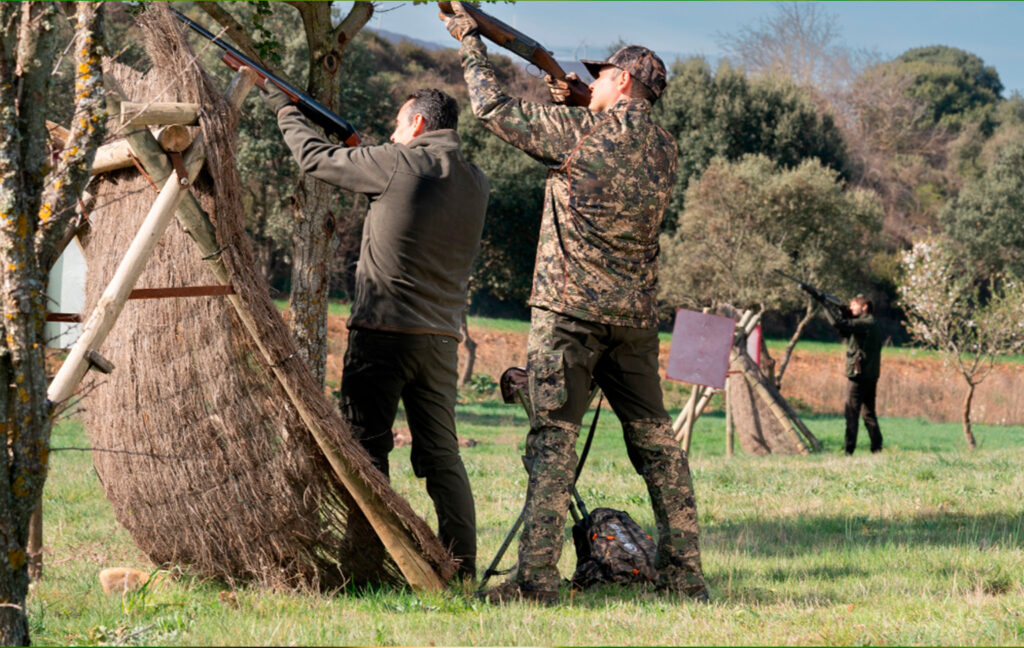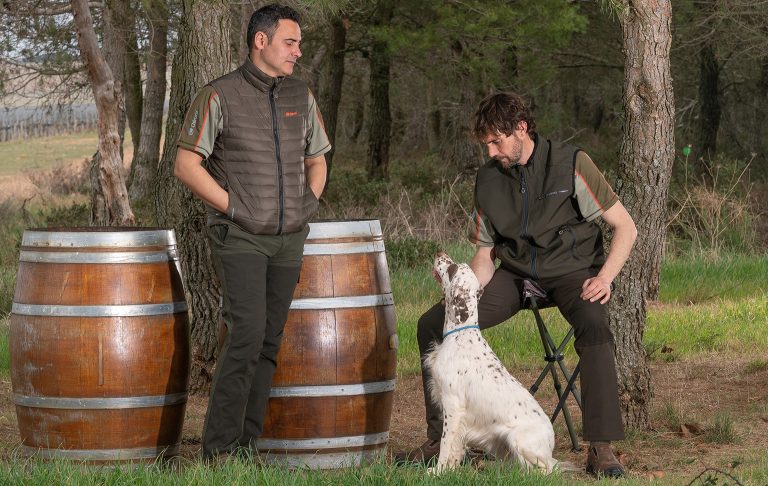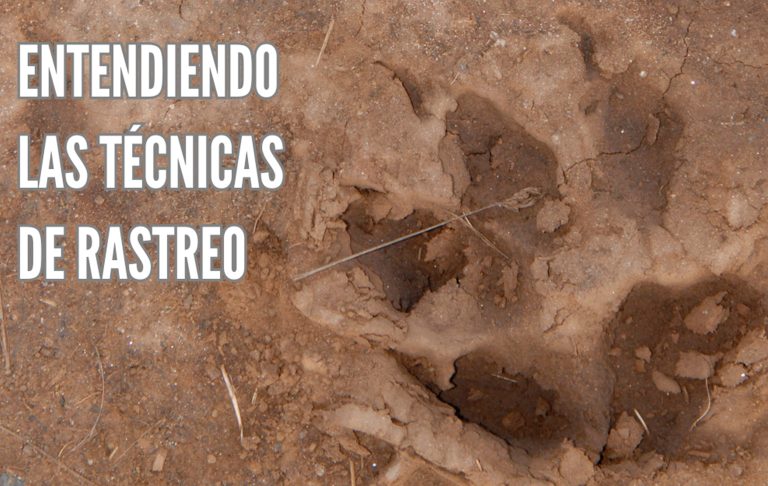Hunting is an ancient activity that has played a fundamental role in human evolution.
At a difficult time for hunters, it is important to remember that its benefits go beyond mere entertainment. From wildlife conservation to personal wellbeing, hunting offers a range of benefits worth exploring.

Wildlife Conservation and Management
One of the most important benefits of hunting is its contribution to wildlife conservation. Regulated and sustainable hunting helps to control animal populations, avoiding overpopulation that can lead to habitat destruction and species health problems. Funds raised through hunting licences and permits are often used for wildlife conservation and management programmes, benefiting all biodiversity.
For example, in many regions, deer populations can grow unchecked due to a lack of natural predators. Hunting regulates these populations, reducing the risk of disease and ensuring ecological balance.
Food Sustainability
Game meat is a sustainable and healthy food source. Unlike industrial meat, meat from hunted animals is lean and rich in essential nutrients. Hunting for personal consumption reduces dependence on industrial agriculture and promotes a more natural and ecological diet.
Hunters who process and consume their own meat participate directly in the food chain, developing a deeper understanding of where their food comes from and encouraging responsible consumption practices.
Physical Health and Well-being
Hunting is a physically demanding activity that offers numerous health benefits. Walking long distances, often over rough terrain, carrying heavy equipment and maintaining concentration for hours at a time are exercises that improve endurance, strength and agility. In addition, spending time outdoors has positive effects on mental health, reducing stress and improving mood.
Contact with nature, fresh air and constant physical activity contribute to a healthy and balanced lifestyle. Hunting also promotes disconnection from daily routine and technologies, facilitating a reconnection with the natural environment.
Connection with Nature
Hunting provides a unique connection with nature. Hunters develop observation and tracking skills that allow them to better understand animal behaviours and natural cycles. This knowledge fosters a deeper appreciation of biodiversity and the importance of conserving natural habitats.
Spending time in nature also provides an opportunity for meditation and reflection, promoting mental and emotional well-being. Observing wildlife in its natural habitat is an enriching experience that can inspire a greater commitment to environmental conservation.
Values and Traditions
Hunting is an activity that is often passed down from generation to generation, keeping traditions and family values alive. Teaching young people hunting skills and associated ethics fosters respect for nature and environmental responsibility. In addition, sharing these experiences strengthens family and community ties.
Hunting ethics include respect for prey and the environment, fair chase and full utilisation of hunted animals. These values are fundamental to a sustainable and respectful hunting practice.
Economic Contribution
Hunting also has a positive economic impact, especially in rural areas. Hunters spend money on equipment, licences, permits, travel and accommodation, thus supporting local economies. In addition, hunting activities can create jobs in areas such as wildlife management, conservation and tourism.
Hunting, practised ethically and sustainably, offers a wide range of benefits beyond sport. From wildlife conservation and food sustainability to physical health and connection with nature, hunters play a crucial role in ecological balance and personal well-being. By promoting responsible hunting, we can ensure that this activity continues to be a source of value for future generations.






